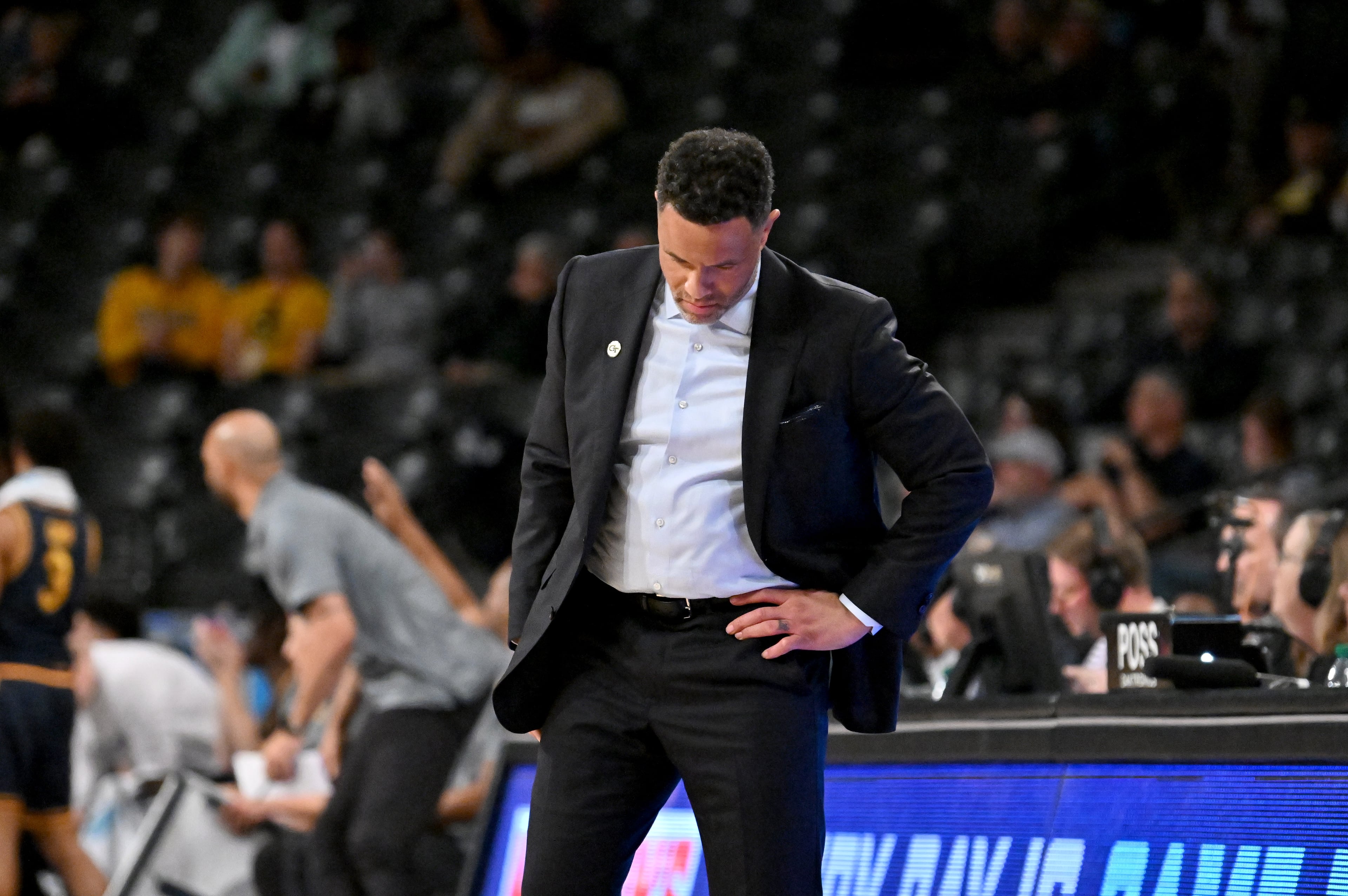How MaChelle Joseph responded to Georgia Tech’s investigation

In her response to Georgia Tech athletic director Todd Stansbury after she was presented with an independent investigation looking into charges of mistreatment of her players, former women’s basketball coach MaChelle Joseph denied being abusive to her players, challenged the methods of the investigation that led to her dismissal and repeated her attorney’s assertion that her suspension and the report were acts of retaliation by the Tech athletic administration in response to her concerns about disparities between her team and the men’s basketball team. She also said that Tech was holding her to a standard different than it would hold a male coach.
“I am a tough and demanding coach, but I am not the monster the Report makes me out to be,” Joseph wrote in an e-mail, apparently sent on Monday. “While I demand commitment and accountability, I have never, and would never, subject my players to verbal or emotional abuse.”
Joseph's response was provided to media by her attorney, Lisa Banks. A lawsuit against Tech by Joseph could well follow.
Stansbury said Tuesday after dismissing Joseph that he is confident in Tech's report. Stansbury said that allegations that Joseph was fired as retaliation for her complaints regarding gender equity were "absolutely not true" and that the investigation was initiated as a result of team members going to the institute's legal department to raise concerns about mistreatment by Joseph. He also said that "we take Title IX seriously" and that "we provide all of our teams an equitable environment." Joseph's firing at the end of her 16th season followed his review of the report and conclusion that Tech could not ensure basketball players' well-being with Joseph as coach.
In the document, Joseph said that athletic department leadership did not engage her in a discussion about her gender-equity concerns, but instead attempted to silence her by firing a former associate athletic director who had been an advocate (all names were redacted, but it is believed to be Theresa Wenzel, formerly the president of the Atlanta Dream), mocked her, accused her of attacking the school or men’s athletics and vowed to get rid of her.
She said that she did not get a response to a formal internal complaint filed Feb. 8 explaining concerns about the alleged retaliatory behavior. She said that she was not informed that the NCAA had cleared her of any Level-I and Level-II violations (the most serious of the four levels), even though she was told that her contract extension was contingent on it, a lack of communication she called “unprecedented.”
Two weeks later, she said that she was told that sophomore team members could no longer live off-campus, even though she had previously received support for the policy, which her e-mail stated to be the standard treatment for men’s athletes at Tech.
Regarding the investigation, she said that the appointed investigator was “extremely inexperienced” with no apparent expertise in college athletics, which she said enabled Tech to better influence his findings.
Joseph also wrote that, during the suspension, she was not informed of the nature of the leave or the allegations made against her.
She said that the report’s findings were based on “facts and statements taken entirely out of context” and said that she has never been accused of being abusive. She denied or explained different words or phrases that players told the investigator that she had used. For instance, she wrote that she had never called a player “(expletive) stupid,” but said that she had described a player’s decision in that way. She also said that the language, while crude, is common in college athletics and said that equating it with abuse was “naïve, sexist and offense” and that is a double standard when compared against male coaches.
Joseph noted that no examples of demeaning, manipulation or yelling were included. (The report did include a passage in which a player gave an example that team members were expected to tell a teammate why she was being selfish and that they felt pressured to give an explanation even if they didn’t agree.)
Joseph also provided several examples of text messages to and from players and parents that “demonstrate a respectful, loving, and supporting relationship,” as well as messages from former players offering their support of Joseph after she was put on leave. One called her “a second mom” and “my safe haven.”
She quoted one text message from a player: “I’m happy we had a chance to talk yesterday too. I’m also thankful that you have created an atmosphere where I am comfortable enough to come to you.”
(The report also found that several players said that they were scared of Joseph and that some said they tried “faking being happy during activities associated with the team in order to make the time more passable.”)
Joseph also said that she could not respond to every allegation from the report due to the time constraints given her to respond. (Joseph said she received the report last Wednesday and had until Monday to respond.)
In her conclusion to Stansbury, Joseph wrote that the investigation “was not meant to uncover the truth, but rather to cynically exploit the complaint of a disgruntled player and then cherry-pick facts and witnesses” to justify firing her.



